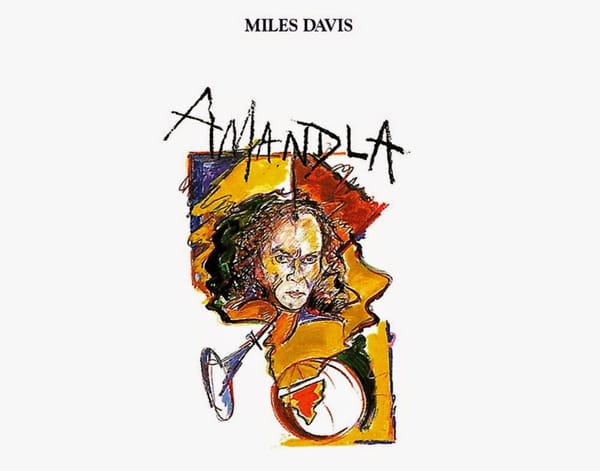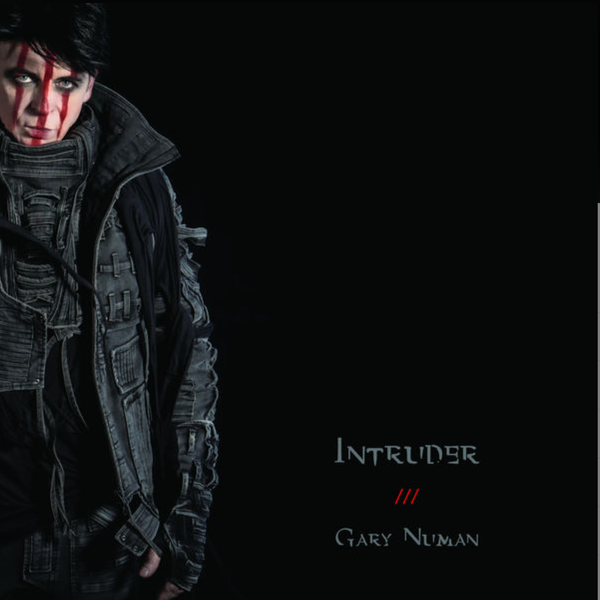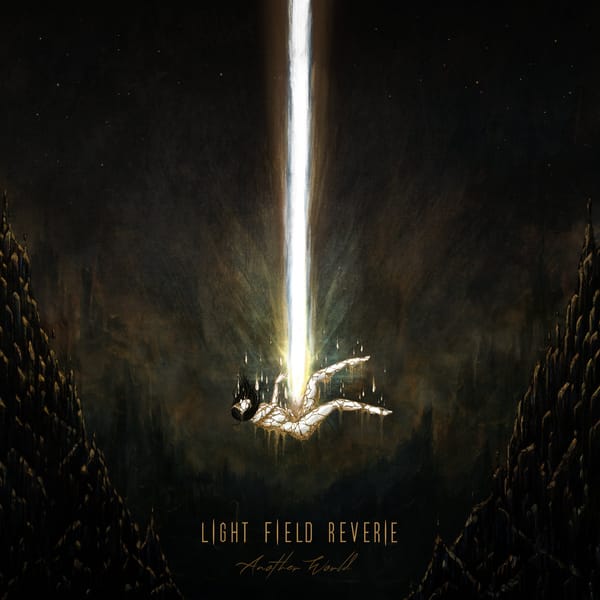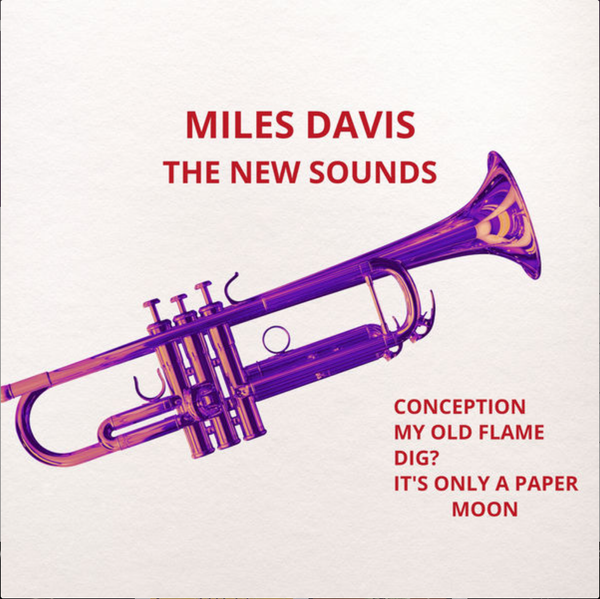Physical Media
There's a lot to be said for having access to nearly all the music that has ever existed since the dawn of time, for ten bucks a month. Well, until the music you like disappears.
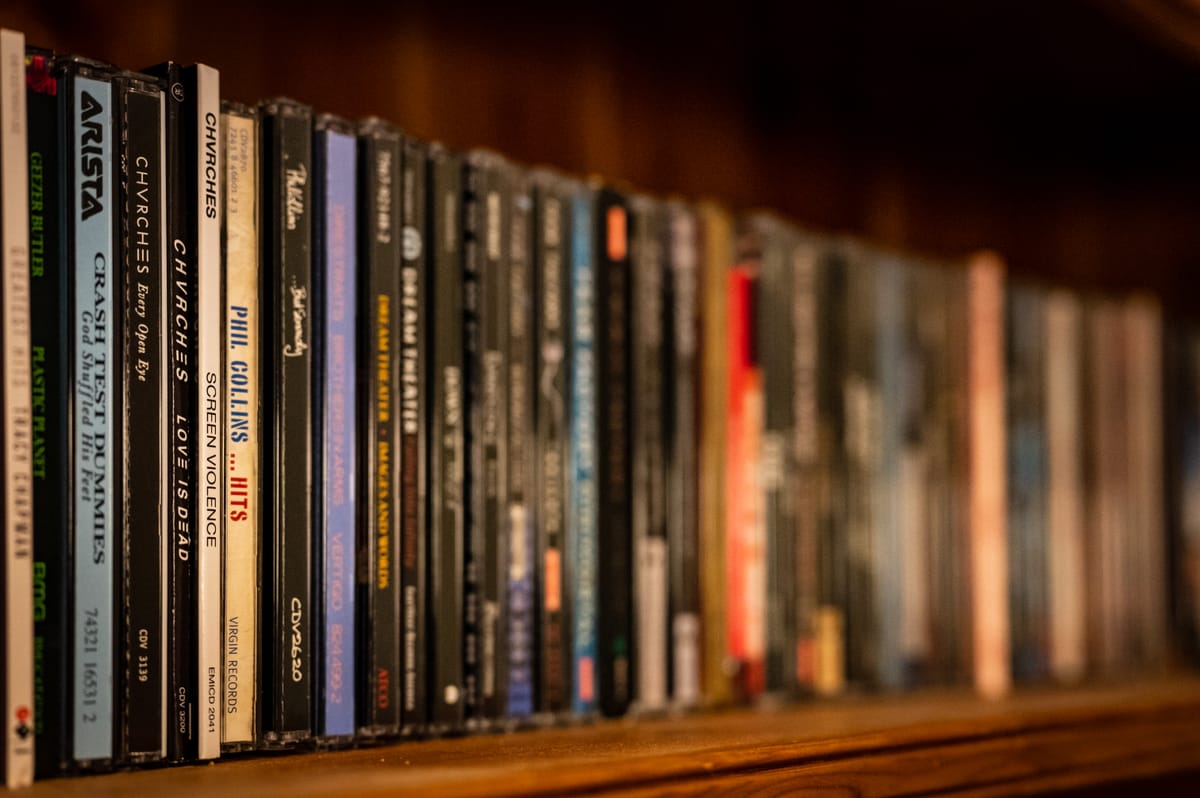
There's a lot to be said for having access to nearly all the music that has ever existed since the dawn of time, for ten bucks a month.
Then again, if the thought of waking up to discover your favourite album had been wiped from the face of the Earth brings you out in an icy cold sweat, perhaps it is time to rethink your relationship with the songs you hold dear.
The land before streaming
Believe it or not, there was a time when the internet didn't exist. There were times when the only music you could listen to was on the radio and it would largely fit into three groups - classical music, pop music, or even more pop music. The only way for a disaffected youth such as myself to get hold of anything with more vigour was by setting the VCR to record at some ungodly hour of the morning to catch the latest Beavis & Butthead, or Noisy Mothers.
Either that, or you would have to take a chance and buy the album on your preferred physical format. This often meant you would either end up with something you would cling to for years, or a real stinker that had the single you quite liked.
It wouldn't be until the early 2000s when you could reliably get music from the internet, but at that point it was either obtained from a legal grey area, or it had DRM and all the potential complications that brings.
Much later, music streaming services would arrive allowing people to pay a flat fee to listen to everything they had available at the time. So, society did what it was told by the people selling the streaming service --get rid of your CDs and vinyl, we've got everything here...
Attachment styles
I'm well aware not everyone feels the same way about music as I do. There are plenty of people who won't dwell on the music they enjoyed in the past. There's plenty of music coming out every week to satisfy even the most voracious listener.
I'm not like that. I will listen to new music, but if it gets its hooks into me it will stay with me for the long haul. I still listen to albums from the late 80s and early 90s on a regular basis. If Pearl Jam's Vs; Alice In Chains' Dirt or Paradise Lost's Draconian Times were to vanish from streaming services I would be beyond mortified.
I don't like the idea that my continued access to certain albums (or songs from those albums) is predicated on the continued agreements of corporations, whether they are representing the artist or the service.
Physical formats are the only way to ensure the music you love will always be available to you.
The changing face of physical
Unfortunately, whilst there was a time when you could buy a CD player from nearly anywhere, in the mid 2020s they're becoming a niche item with a distinctly niche price. Yes, you can buy used, but as mechanical devices they will probably fail at some point.
It may be that they disappear completely in a few years. I think we need to expand our definition of physical accordingly.
If you think about what you get with a CD --a collection of DRM-free files on a disc, each file being 16bit and 44khz. From that you can create lossless FLAC files or lossy MP3s to keep on your hard drive. You also get a physical booklet, which is nice.
If you can live without the booklet, you are left with just the files. It is still possible to buy DRM-free files from places such as Bandcamp, 7Digital and my new favourite place, Qobuz.
Once you have the files you can use them however you see fit. Nobody can remove them from your hard drive without you knowing. You do need to keep backups though.
I currently use Qobuz to discover new music, before buying the CD or FLAC files to stream from a Network Attached Storage (NAS) device running Plex. Plex (with Plex Pass) works like your own do-it-yourself streaming service.
Alternatively, you can import ALAC files into Apple Music, but note that if you do, make sure you keep a separate backup of them. Apple Music likes to replace your files with its own DRM versions without so much as a warning.
The third option is to buy a portable music player. This is ideal for people with high-impedance headphones (typically over 30 ohms) or those who don't want all of their eggs in a smartphone-shaped basket. Sony still makes these, as do Fiio. Astell & Kern have a few portable players for people with slightly deeper pockets.
Why own your music?
Apart from the prospect of your favourite album disappearing from streaming services, there are other benefits to owning a copy of your favourite music.
Aside from the obvious point about your CD or vinyl still working even if you stop paying that monthly fee, the major difference between a physical release and a stream is the amount of money the artist receives.
Here, there is no comparison. One stream on Spotify pays about three-tenths of a penny — that means 1,000 streams pays $3. To put it a bit differently, you would need 3,000 streams to make $9, about the same profit you will make when you sell one CD at a concert for $10. CD vs. Streaming: The answer to which did better in 2022 is not as simple as you think
The second point is that the CD will usually sound better. All CDs are mastered to a lossless 16bit, 44kHz. It may be a little less than the original master (possibly 24bit, 192kHz), but unless the streaming service offers lossless files, or if you are really lucky, hi-res lossless the CD will most likely sound better.
Yes, there is some variation between streaming services, but the CD is usually the best way to listen.
Best of all, you'll have a shiny disc with some nice artwork to put on your shelf.
